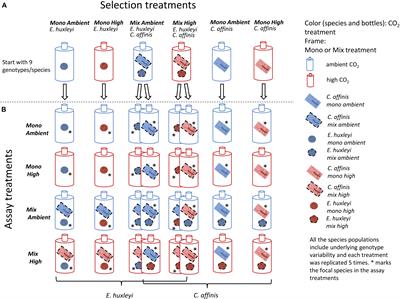ORIGINAL RESEARCH
Published on 25 Mar 2022
Dinoflagellate Assemblages in the West Iberian Upwelling Region (Sagres, Portugal) During 1994–2001

doi 10.3389/fmars.2022.591759
- 1,692 views
- 7 citations
7,778
Total downloads
56k
Total views and downloads
ORIGINAL RESEARCH
Published on 25 Mar 2022

EDITORIAL
Published on 09 Mar 2022
ORIGINAL RESEARCH
Published on 04 Mar 2021
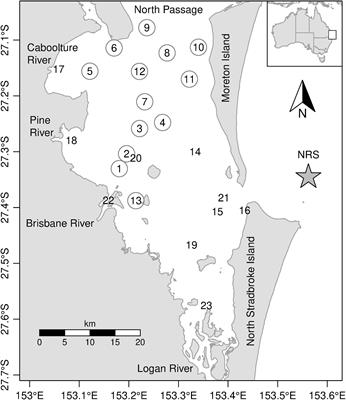
ORIGINAL RESEARCH
Published on 18 Dec 2020
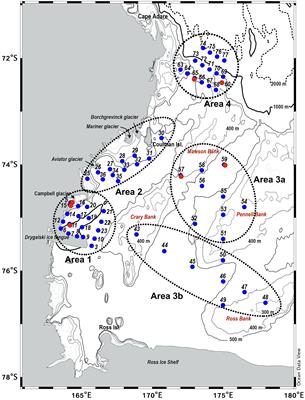
REVIEW
Published on 28 Oct 2020
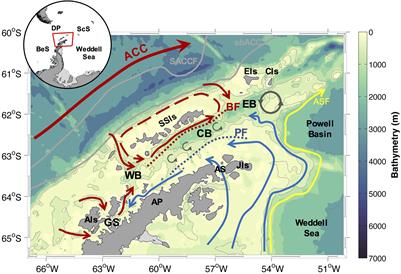
ORIGINAL RESEARCH
Published on 21 Oct 2020
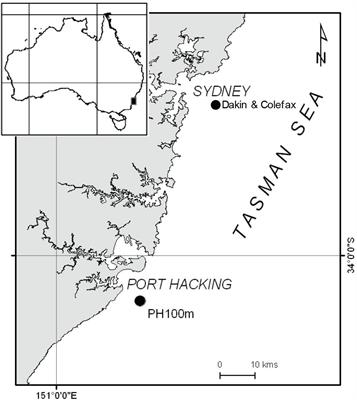
ORIGINAL RESEARCH
Published on 31 Jul 2020
